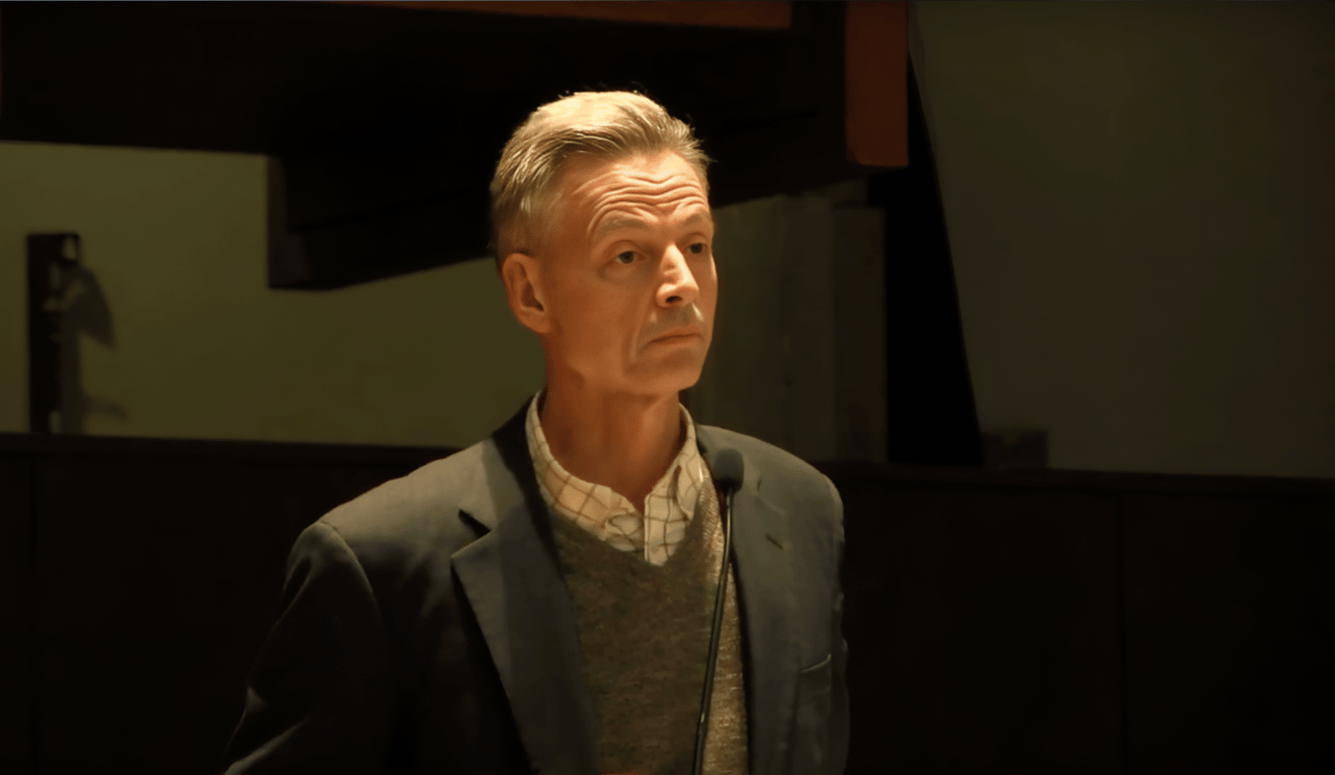Realism
Empathy for the Devil: The Fantasy of ‘Progressive Realism’
Realists may believe international relations is all about mindless forces balancing and smashing into each other, but it’s actually about ideology, institutions, history, and the personalities of human beings.

I.
For nearly two decades, the writer and podcaster Robert Wright has been touting a theory of international relations he calls “progressive realism.” In 2006—three years into the Iraq War, which Wright described as an “idealistic” but misguided crusade—he argued that there was a way to reconcile the “humanitarian aims of idealists with the powerful logic of realists.”
Realism is a school of thought in international relations, which holds that the most important variable in geopolitics is the distribution of power in the international system. Because that system is anarchic (there’s no centralised authority), states are locked in a permanent security competition and almost entirely focused on their power and influence relative to their neighbours. Realists believe that the internal characteristics of states—their unique histories, political cultures, systems of government, and leaders—don’t matter all that much. For realists, states are merely weights and counterweights that behave in predictable ways based on their relative power. As the famous realist scholar John Mearsheimer puts it, “Great powers are like billiard balls that vary only in size.” Forget institutions and ideology—according to the realists, states only act according to mindless forces.
In its original iteration, Wright’s “progressive realism” selectively embraced certain aspects of traditional realism while discarding others. In 2006, he argued against the unilateralism of the Bush administration: “The president, in his aversion to multilateralism, flunks Realism 101.” (He was referring to the invasion of Iraq, which took place without authorisation from the UN Security Council). But a central premise of realism is that international institutions don’t matter all that much—realists believe states are by far the most important actors in the international system. Wright thinks new technologies and global threats should alter this assumption, which is why he says that the “emphasis placed by progressive realists on strengthening international law and governance may be their most distinctive feature.”
“Progressive realism,” Wright wrote in 2006, “begins with a cardinal doctrine of traditional realism: the purpose of American foreign policy is to serve American interests.” But while realists argue that national interest should override international commitments when the two come into conflict, Wright believes American interests will be best served by the development of—and consistent adherence to—stronger international institutions that encompass as much of the world as possible. To make these institutions work, he says the United States and other liberal democracies must increase cooperation with illiberal and authoritarian states—and stop trying to coerce those states into democratising or liberalising. Massive violations of human rights like the treatment of the Uyghurs in Xinjiang or Bashar al-Assad’s ruthless attacks on civilians in Syria are none of our business. Wright believes the road to another Iraq is paved with good intentions.





